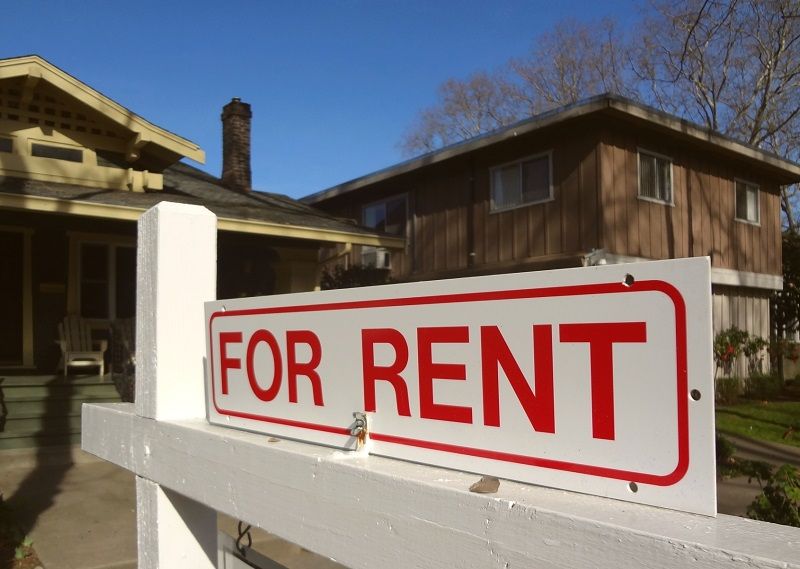One of the most memorable and talked about lines from the November 10th Republican presidential debate came from Senator Marco Rubio, who said, “For the life of me, I don’t know why we have stigmatized vocational education. Welders make more money than philosophers. We need more welders and less philosophers.”
The fact-checkers quickly came up with data from the Bureau of Labor Statistics to counter his earnings claim; but the larger question might be whether the president, or any level of government in America, should use the power of the state, and taxpayer money, to choose one career path over any other for students in a free society.
In Oregon you can find lots of politicians who are sure that our state education system needs to focus on Science, Technology, Engineering, and Math, or STEM for short. Labor Commissioner Brad Avakian wants to return shop classes to high schools. In 2013 the Legislature created the Oregon STEM Investment Council (under John Kitzhaber’s Oregon Education Investment Council, which no longer exists).
To encourage certain students to pursue technical or vocational careers is one thing. But pretending that the state knows what is best for all students and that it should set goals for college participation (such as Oregon’s 40-40-20 goal) and STEM education is another. As former Reason magazine editor and author Virginia Postrel noted a few years ago,
“The argument that public policy should herd students into Stem fields is as wrong-headed as the notion that industrial policy should drive investment into manufacturing or ‘green’ industries. It’s just the old technocratic central planning impulse in a new guise. It misses the complexity and diversity of occupations in a modern economy, forgets the dispersed knowledge of aptitudes, preferences and job requirements that makes labor markets work, and ignores the profound uncertainty about what skills will be valuable not just next year but decades in the future.”
Those in and around Oregon government and educational arenas seem to always be concerned about attracting good manufacturing and “green” jobs to the state. But, as Postrel says, much of this talk is “just the old technocratic central planning impulse in a new guise.”
So, for sure, let students with an aptitude and interest in technical and vocational careers know about the opportunities and earning potential they offer, but don’t ask the state to pick winners and losers between STEM and other educational pursuits. And don’t let the state tell us how many students need to complete four-year degrees, versus two-year degrees, versus simply graduating from high school. Those are decisions best left up to students and their parents.
Steve Buckstein is Founder and Senior Policy Analyst at Cascade Policy Institute, Oregon’s free market public policy research organization.











